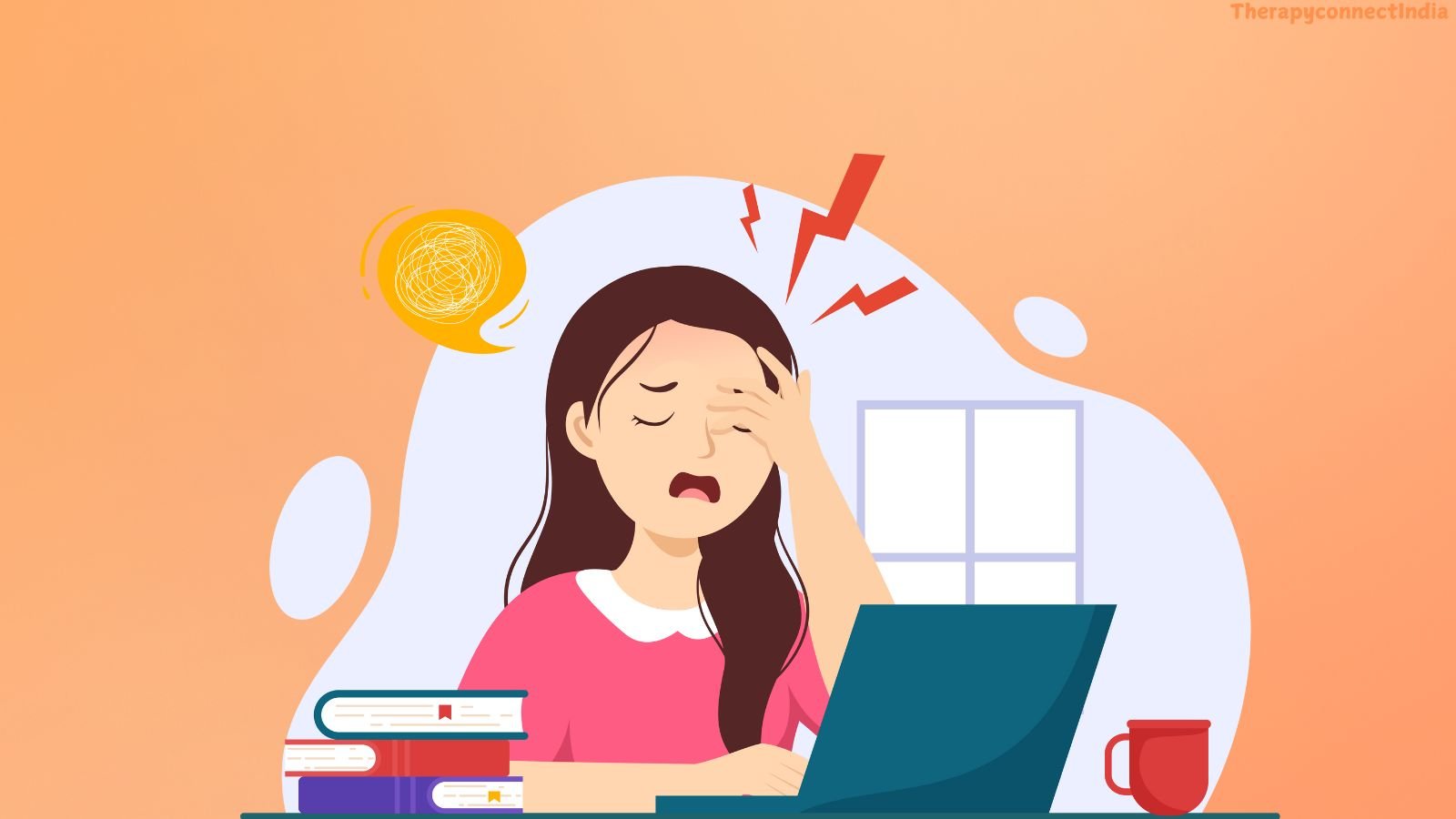Anxiety vs. Stress: What is the Difference and How to Cope?

In today's fast-paced world, it's common to hear people use the terms "anxiety" and "stress" interchangeably. However, while they often occur together, they differ in cause, feeling, and impact on mental health. Anxiety tends to be a persistent sense of worry or fear, which may not be linked to a specific trigger, whereas stress is typically a reaction to an immediate threat or challenge. Understanding these differences is essential as it informs how one might approach finding relief or coping strategies. By grasping the subtle differences between anxiety and stress, you're better equipped to apply effective stress management techniques and anxiety relief methods that promote mental well-being.

Definitions and Symptoms
To navigate the challenges of anxiety and stress, it's beneficial first to understand what they entail. Anxiety is a feeling of apprehension about what’s to come. People experiencing anxiety may encounter symptoms like restlessness, increased heart rate, rapid breathing, and difficulty concentrating. On the other hand, stress is the body's natural response to a situation that causes discomfort and unease. Common symptoms of stress include muscle tension, headaches, and sleep disturbances.
Common Causes
There are various factors that can contribute to both anxiety and stress. Common causes include:
Both anxiety and stress have psychological and physical impacts on an individual. Psychologically, they might manifest as irritability, feeling overwhelmed, or constant worry. Physically, they can contribute to issues like high blood pressure, weakened immune function, and digestive problems. These impacts showcase the importance of understanding and managing both anxiety and stress effectively.
Key Differences Between Anxiety and Stress

The environment and situational context play a crucial role in differentiating anxiety from stress. Stress is typically triggered by external factors, such as work or relationship problems. In contrast, anxiety often stems from internal factors, such as one’s perception of control over a situation or irrational fears. Recognizing these differences can guide strategies for managing each condition effectively.
Understanding the nuanced differences between anxiety and stress sets the stage for exploring ways to cope and live a balanced life. Whether it's implementing daily practices or seeking professional help, learning to manage these feelings can lead to improved mental health and well-being.
When it comes to alleviating anxiety, understanding and utilizing effective coping strategies are essential. Let’s explore some of these techniques that can support your mental health journey and offer anxiety relief.

Cognitive Behavioral Therapy (CBT) is a highly effective approach to managing anxiety. It challenges negative thought patterns and aims to replace them with more constructive ones:
Sometimes, anxiety requires more than self-help techniques. Here’s where seeking professional help is valuable:

Managing stress effectively is crucial for maintaining overall mental health. Let's delve into some actionable strategies that can help with stress management.
Good time management and organization can greatly reduce stress:
Exercise is a powerful stress reliever, releasing endorphins that boost mood:
Mindfulness and meditation are transformative practices for stress reduction:
By integrating these strategies into your daily routine, you can face both anxiety and stress with greater resilience and poise. Remember, seeking support when needed is a sign of strength and a crucial step toward well-being.

Understanding when to seek professional help for anxiety and stress is crucial for maintaining your mental health. While it's normal to feel anxious or stressed at times, it's important to recognize when these feelings become overwhelming and interfere with daily life. Here are some signs that it might be time to reach out for professional assistance:
Remember, reaching out for help is a brave and positive step toward wellness, and mental health professionals are equipped to provide the support and strategies you need to manage anxiety and stress effectively.
Recognizing the differences between anxiety and stress is the first step toward effectively managing these feelings. While stress is typically a response to external pressures, anxiety tends to be more internal. Both can impact your mental health and overall well-being. However, with the right strategies, such as practicing mindfulness, seeking support, and establishing healthy routines, you can better cope with these challenges. Remember, reaching out for help is a sign of strength, not weakness. Prioritize your mental health; you deserve it.